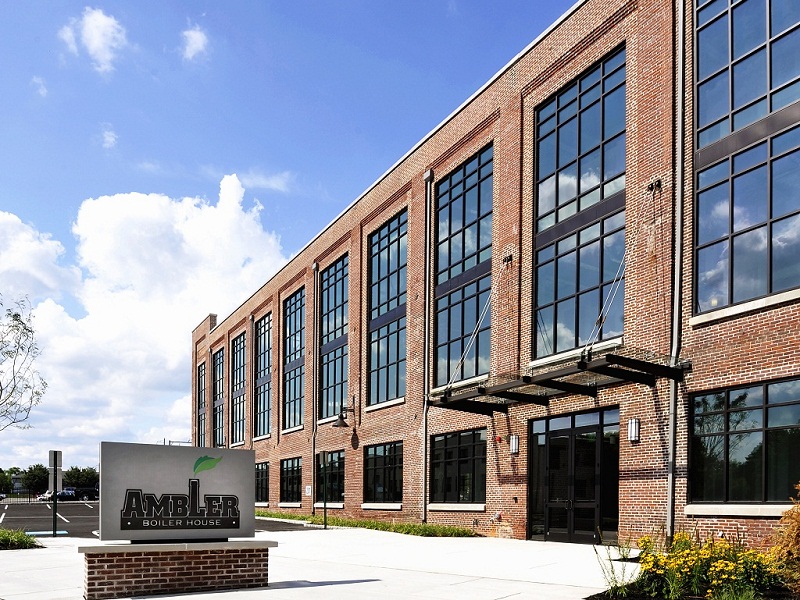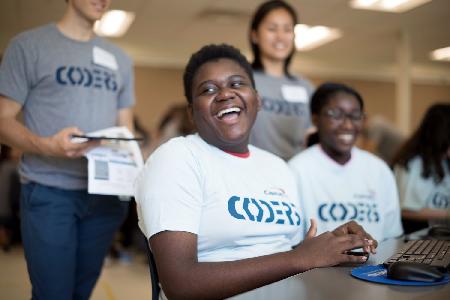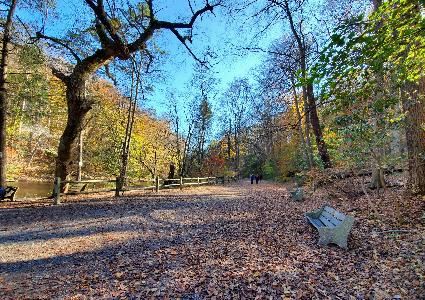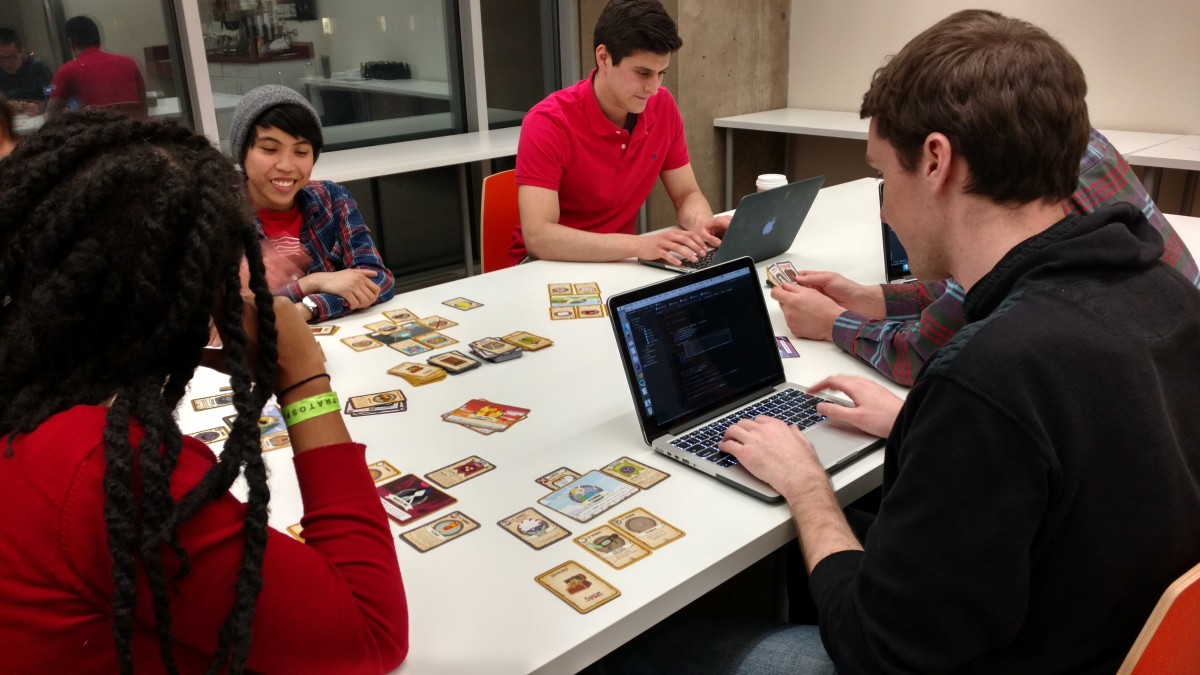LeadiD, the Ambler-based startup that allows companies to validate leads before they buy them, raised a $7 million Series A, according to a release. The round was led by Comcast Ventures with participation from local firm (and previous investor) Genacast Ventures and New York City’s Tribeca Ventures.
The company, which assigns leads an “ID number” so that companies can see their histories and track them, plans to use the funding to grow its team and develop its product. It aims to go from its 33 employees to more than 50 by the end of the year, according to a company spokeswoman. It’s hiring to fill all types of positions, from engineers to customer service reps to UX/UI designers and sales.
As part of the round of funding, Comcast Ventures principal Sam Landman joined the LeadiD board. He joins Gil Beyda, managing partner at Genacast Ventures, who was already on the board.
LeadiD has raised $9.7 million to date.
See photos of LeadiD's officeWatch a video of CEO Ross Shanken talking about the company below.
http://youtu.be/xIwCuWklTsI
Before you go...
Please consider supporting Technical.ly to keep our independent journalism strong. Unlike most business-focused media outlets, we don’t have a paywall. Instead, we count on your personal and organizational support.
Join our growing Slack community
Join 5,000 tech professionals and entrepreneurs in our community Slack today!




